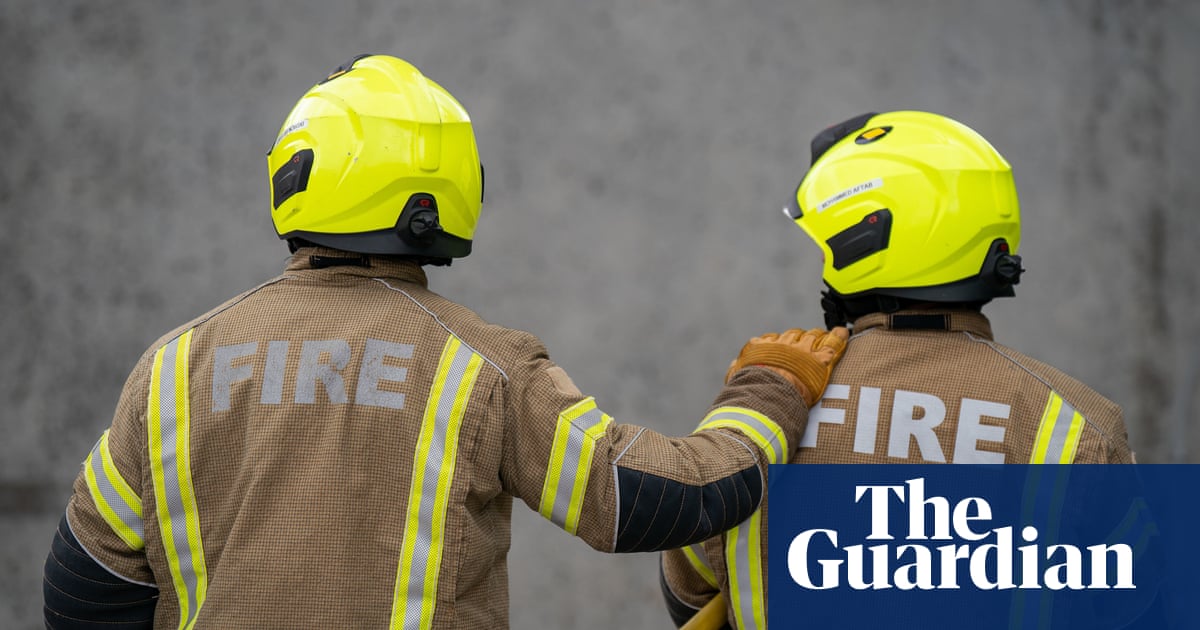
Firefighters across the UK have voted for a national strike over pay for the first time in 20 years after an “overwhelming” ballot result.
The Fire Brigades Union said 88% of members voted for industrial action after a 73% turnout. Strikes could take place as soon as 23 February after the rejection of a 5% pay offer, sources said.
Troops may be deployed in some parts of the country to cover “high-risk calls” in the event of industrial action. The Guardian disclosed last week that this was being considered by the authorities in Northern Ireland, where it was revealed on Monday that 94% of members voted in favour of action.
The result of the ballot comes as Rishi Sunak faces pressure to end a wave of public sector strikes, with a fresh round of industrial action due to take place on Wednesday.
In the hope of averting strike action, the Fire Brigades Union (FBU) has given the government and employers 10 days to present an improved offer, which could be put to a vote of members.
Matt Wrack, the FBU’s general secretary, said the vote was “overwhelming” but was a last resort for members who had lost at least 12% of the value of their pay since 2010.
“The responsibility for any disruption to services lies squarely with fire service employers and government ministers. Rishi Sunak’s government has refused to make funding available for a decent pay offer to firefighters and control staff.
“Firefighters were among Britain’s Covid heroes who kept frontline services going during the pandemic. The prime minister has badly misjudged the public mood by imposing pay cuts on key workers,” he said.
FBU members rejected a below-inflation 5% pay offer in November.
The authorities in Northern Ireland are considering asking troops to cover for striking firefighters. The head of the Northern Ireland fire and rescue service, Andy Hearn, told the Guardian last week he may have to ask the Ministry of Defence to send troops to the region.
In a separate ballot, control room staff in the north-west of England also agreed to the proposed strikes. The vote follows more than a decade of real-terms pay cuts, the union has said.
Yvette Cooper, the shadow home secretary, said the government’s “reckless behaviour” was the cause of the strike, after they “crashed the economy”, and failed to control inflation.
“It’s up to the home secretary to get around the table and talk. She should be doing everything she possibly can to negotiate a deal and prevent a strike,” she said.
Downing Street has urged the union to return to the negotiating table. “I think strike action would be disappointing and concerning for the public,” the prime minister’s official spokesperson said.
“We will continue to work with that union to see what we can do to mitigate against the possible risks that that poses – and in the first instance call on them to reconsider and keep negotiating.”












